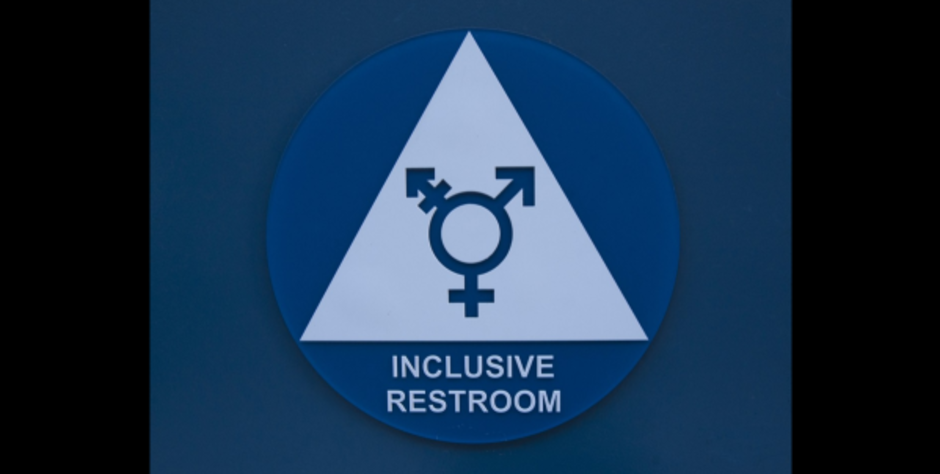Human beings may be born free and equals, but it does not last long: men in the office, women in the kitchen and homosexuals “in the closet”; as for children, their life starts in a cultural prison. So where is liberty, where is equality? For some time it was thought that by sending women to the office, homosexuals on the screen and children to school, everyone could be liberated of one’s determinism. But you cannot get cured easily of being born. As with an illness, we are the slaves of the determinism that nature and society have arbitrarily imposed upon us. How unfair! What is the point of being a human, endowed with reason and imagination, if it is to stay in this state of forced servitude? The quest for liberty and equality is like imagination: limitless. Liberty and equality can only progress in our lives by destructing determinisms, identities, to progressively let the human being appear in his pure nature. To reach human in his essence by letting go of contingencies: this is within that precise utopia of perfection that the gender theory sneaks in.
To reach this state of perfection, human must become perfectly autonomous, that is to say liberated, and can only stay as such if all humans are equals. It is thus about, not only liberating one (by destructing) but also then maintaining this liberty in establishing and building up a state of complete equality. As one can see, the gender theory derives from the ideals of liberty and equality. It is thus deeply republican. It not only aims at a formal equality, but at a real equality, beyond the facts of culture and of nature. This liberating progress is pursued in everything that distinguishes human beings from one another. Sex is just one aspect of it.
Law, as a representation and social transformation tool, has become an instrument of this progress as its ideal of justice became mixed up with that of equality, as equality replaced equity as the purpose of the law. Since then, law has been rebuilt towards this purpose around the concept of “non-discrimination”, concept which absorbs entire sections of legal logic. While equity is static and connected with the real world (giving or giving back to someone who belongs to him), equality, as any ideal purpose, leads the law to a social dynamic, perpetually looking after inequalities to fight. The fight against inequalities is at the heart of Human Rights. The European Convention of Human Rights prohibits discriminations based on “any ground such as sex, race, colour, language, religion, political or other opinion, national or social origin, association with a national minority, property, birth or other status.” In 1950, when this Convention was adopted, the only discrimination was on grounds of sex: the aim was then to ensure sexual equality, and, more concretely, the liberation of women towards men. Then was progressively introduced the prevention of discrimination on grounds of sexual orientation: the aim was to ensure equality between homosexuals and heterosexuals, and, more concretely, the liberation of sexuality towards nature. Nowadays, the prohibition of discriminations based on gender identity imposes itself. It aims at ensuring a global liberation –towards nature and culture– of the person in his sexual identity. Gender identity is the imagination brought to power, dreamt liberty which became reality.
The notion of gender identity is making sex relevant again, after having pretended it was purely a personally constructed notion, independent of nature: it is an attempt to re-build reality, but a reality based on liberty which re-determinates and imposes itself not only on nature but also on perceptions and social uses. Gender wants to liberate human, not only from being born male or female, but also from being born within a specific culture which imposes stereotypes, social conformism and conceptions deemed too narrow-minded on being, parenting and reproduction.
Society prefers liberty to its object: what it likes in freedom of opinion is not to have ideas, but to be able to change them. As regards both religion and sex, it is the same: real liberty is to be able to change. The quest for liberty is a quest for infinity; transsexualism is the most acute symptom of a widespread illness, the syndrome of which is to feel imprisoned of one’s own social and corporal being. In the end, the “gender” is one of its imaginary remedies: it consists in pretending the sickly state is the remedy.
Source: La Nef n°230 October 2011
translation by BMG












